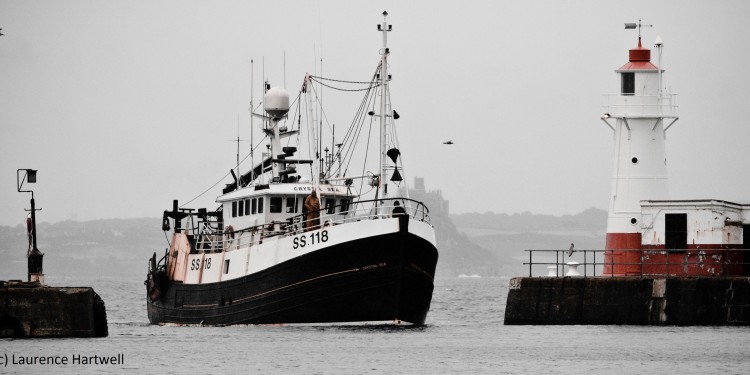Discards phase-out: New landing obligations adopted for the Atlantic and the North Sea
The new plans concern certain demersal fisheries in the North Sea and Union waters of ICES Division IIa, demersal fisheries in North-Western waters and South-Western waters of the Atlantic as well as pelagic fisheries in South Western Atlantic waters.
Discard plans help to achieve one of the key objectives of the Common Fisheries Policy, which is the progressive elimination of discards in all EU fisheries. The Policy also seeks to decentralize management and empower national governments so that rules are customized to the specific characteristics of each sea area and fishery. The countries around a sea basin can design together the rules that will allow that basin to achieve the goals of the new Common Fisheries Policy. This is why the new discard plans are based on the joint recommendations developed by the EU countries having a direct interest in the relevant regions or basins.
The progressive elimination of discards started at the very beginning of 2015 with new landing rules for pelagic and industrial fisheries in all EU waters and for cod fisheries in the Baltic Sea. This year we have been continuing with fish species that feed on or near the sea bottom, also known as demersal. Landing obligations for some demersal fisheries of the Atlantic Ocean and of the North Sea have been in force since 1 January 2016, but these new discard plans, which will apply as from 1 January 2017, widen the scope further.
Discard plans provide for two types of exemptions. The first group of exceptions, called de minimis exemptions, allows operators to discard a small percentage of catches in those fisheries where increasing selectivity is either too difficult or too expensive. The second group, the so-called survivability exemptions, allows operators to throw back specimen that have a high chance of surviving, as is the case for instance of Norway lobster. These exceptions were examined by the EU’s scientific advisory body, i.e. the Scientific, Technical and Economic Committee for Fisheries (STECF).
The demersal discard plans are set to last until the end of 2018, after which they should be replaced by multiannual plans.



